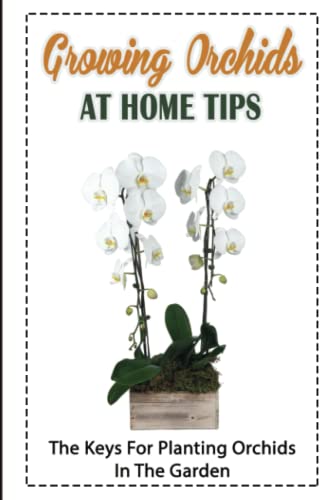Yes, David you are so right! I went 3 years because of surgery, etc. and finally had to cut off the overhanging 5 or 6 bulbs with almost all their roots out of the pot. Since there were some longer roots, I put the overhang division in moss/clay pot as to damage the roots the least. It has established well, but now is up against the edge of the pot again! In less than a year! It’s in spike, so I’ll do something with it once it blooms.For some of you out there, that may grow trianae and are able to compare plant growth characteristics, I find that the plant substance particularly the leaf thickness of Cashens is much heavier than others, and an annoying growth habit seems to be the distance of the plant pseudobulbs along the rhizome, which causes the plant to quickly grow out of the pot, forcing much more frequent repotting, so this clone seems to need greater spacing from the pot margin or you will need to repot every other year. As a result I am potting in larger pots and having to use a media mixture that is less moisture retentive. Cheers.
For some reason, under my lights, I have a lot of plants with growth habits that literally grow out of the pot in a year to 18 months. Either out of the pot, or climb above the mix. I have a hard time keeping up with it. And I only have about 85 plants.
I like overpotting it into a larger/better drainage mix. I’ll try that.



























